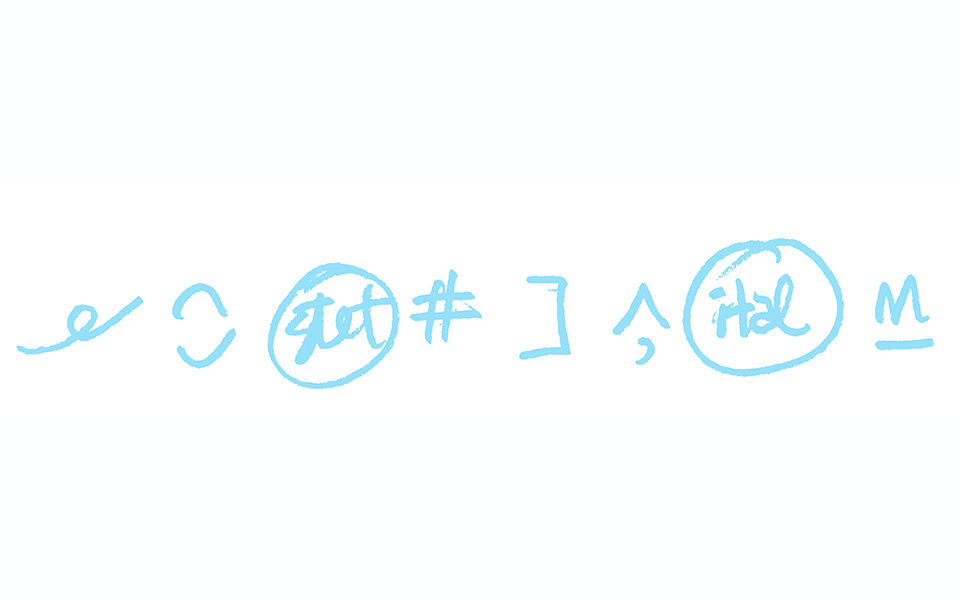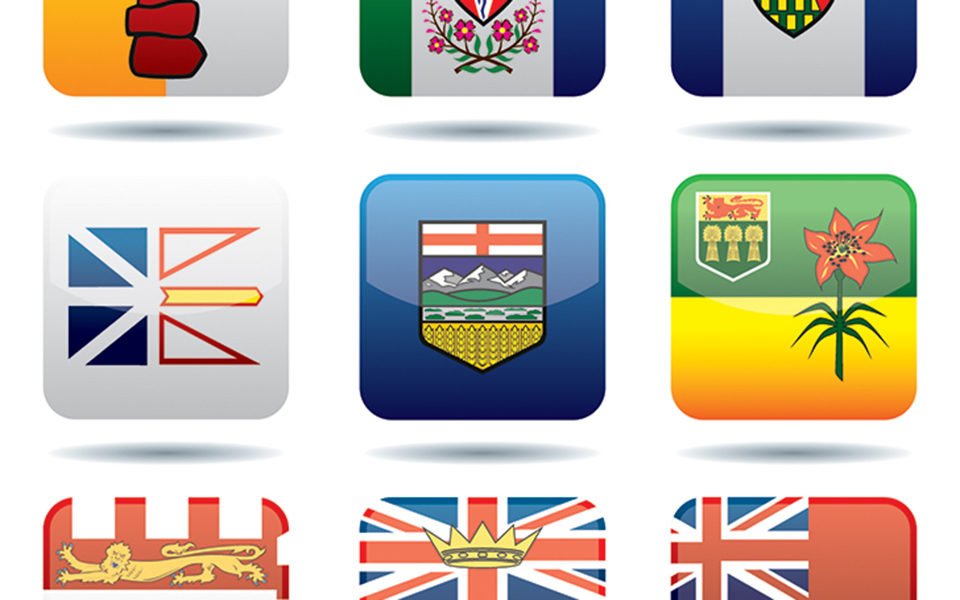
Copy editors work tirelessly so only the best copy goes to print. But sometimes they’re the ones making mistakes. Check out these errors that were caught at the last minute, and others that slipped through the cracks.
The Other London
At the Ottawa Citizen, I wrote about a local baseball team returning after winning a tournament in London, Ontario. I didn’t put “Ont.” after London, because that was the style when I worked in Kitchener. The copy editor assumed it was England and rewrote the lede without checking. “The city was rolling out the red carpet for the team that was coming back from London, England.”
I was horrified. I told him we had to run an embarrassing correction. He came into work that day wearing a bag over his head with two eye-holes cut out. This is why you never run something without showing your reporter first.
—Anne McNeilly, former copy chief at The Globe and Mail
A (21st Century) World War
I once mistyped “1914” as “2014” in a feature about the First World War, and it was in big type. To my eternal shame, it got published.
When mistakes are accidentally published, you never really forget it. I once forgot to put the Sudoku into a section and there was so much reader outrage that I never forgot it again.
—Anthony Collins, copy editor at the Toronto Star
What’s a Millennial Falcon?
The errors I find funniest are ones that could be mistaken for actual usage. Some are food-related, like “sadwiches.” I felt like that’s how you’d describe a gas station sandwich. Another one was about Star Wars, and somebody put the name of the ship as the “Millennial Falcon.” You could imagine what that might be—a 20-something who can’t afford to buy a house. Another one should’ve been, “a pool of liquid assets,” but the ‘t’ was missing in “assets.” That was a source of amusement for everyone.
—Heidi Ebert, copy editor at Toronto Life
Too Late
At the Toronto Star, I edited a columnist whose work was generally regarded as sacrosanct. I thought he used a word incorrectly and called him politely, but he got shirty with me. I said, “Okay, if you insist. You’re a columnist for a reason.”
He called the next day, apologized, and said he realized I was right. Unfortunately, this was after it had gone to print. Being an editor ends up being more about interpersonal skills and exercising judgment than it does about semicolons.
—Ann Rauhala, former copy editor at the Globe and the Star
